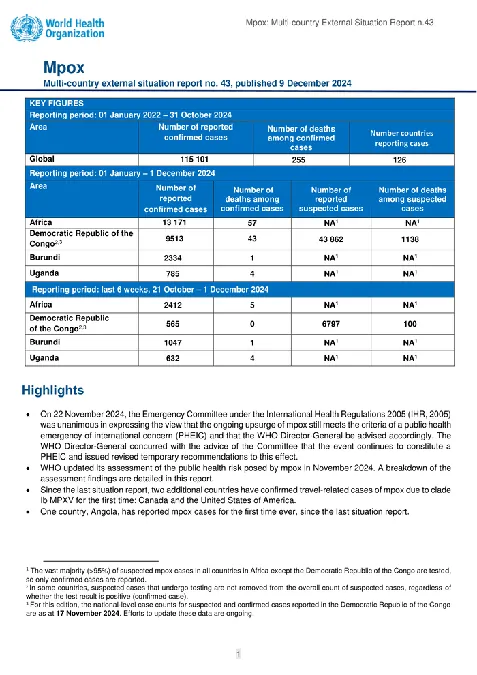
Breakthrough Drug at McGill University Could Revolutionize Duchenne Muscular Dystrophy Treatment!
2024-12-16
Author: Emma
Breakthrough Drug at McGill University Could Revolutionize Duchenne Muscular Dystrophy Treatment!
In an exciting development, researchers at McGill University have published a groundbreaking study suggesting that an experimental compound known as K884 might significantly enhance the natural repair capabilities of muscle stem cells, paving the way for innovative treatments for Duchenne muscular dystrophy (DMD).
Understanding Duchenne Muscular Dystrophy
Duchenne muscular dystrophy is a rare genetic disorder that primarily affects boys, occurring in approximately one in 5,000 births worldwide. This debilitating condition leads to severe muscle degeneration, resulting in loss of mobility and often making patients reliant on wheelchairs by their teenage years, followed by life-threatening health complications in early adulthood.
Innovative Approaches to Treatment
“By focusing on bolstering muscle repair rather than merely slowing down degeneration, treatments that activate muscle stem cells could greatly enhance the quality of life for DMD patients. This innovative approach could help restore muscle function, ultimately granting patients greater independence," said Natasha Chang, senior author and assistant professor in the McGill Department of Biochemistry.
The Role of K884
K884 represents a groundbreaking approach, as it uniquely targets DMD-affected cells without disrupting the function of healthy muscle stem cells. Originally developed by Kanyr Pharma for treating cancer and metabolic diseases, this preclinical study marks the first time K884 has been tested on DMD-affected cells. The research involved meticulous analysis of muscle stem cells from both human and mouse subjects, revealing that K884 effectively blocks specific enzymes, enabling muscle stem cells to mature into functional muscle tissue.
Potential and Precision
Chang points out that what makes K884 particularly compelling is its precision in targeting only the compromised cells associated with DMD. Differing from traditional gene therapy—which addresses specific genetic mutations—K884 could potentially serve as an accessible treatment option for all DMD patients regardless of their genetic makeup.
Challenging Historical Perspectives
This study, recently published in the esteemed journal *Life Science Alliance*, challenges long-held beliefs about DMD. Historically, the disease was primarily perceived as a simple muscle problem due to the absence of dystrophin, a protein crucial for muscle integrity. However, recent findings—including those from Chang's team—demonstrate that restoring the function of muscle stem cells is equally vital for effective muscle repair.
Future Investigations
With these promising results, researchers are eager to continue their investigations of K884, aiming to explore its long-term effects and safety profile, while also examining related compounds that could contribute to comprehensive therapeutic strategies for DMD.
Broader Implications
As this research progresses, the implications could extend beyond just treating DMD, opening doors to new possibilities in the management of various muscle-related disorders. Stay tuned for updates on this potentially life-changing breakthrough that could offer hope to thousands of families affected by Duchenne muscular dystrophy!









 Brasil (PT)
Brasil (PT)
 Canada (EN)
Canada (EN)
 Chile (ES)
Chile (ES)
 España (ES)
España (ES)
 France (FR)
France (FR)
 Hong Kong (EN)
Hong Kong (EN)
 Italia (IT)
Italia (IT)
 日本 (JA)
日本 (JA)
 Magyarország (HU)
Magyarország (HU)
 Norge (NO)
Norge (NO)
 Polska (PL)
Polska (PL)
 Schweiz (DE)
Schweiz (DE)
 Singapore (EN)
Singapore (EN)
 Sverige (SV)
Sverige (SV)
 Suomi (FI)
Suomi (FI)
 Türkiye (TR)
Türkiye (TR)